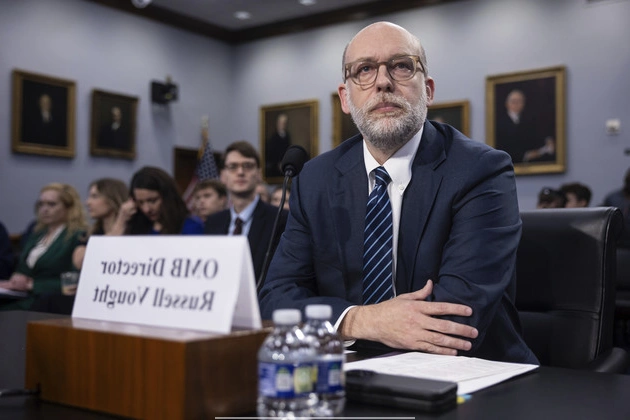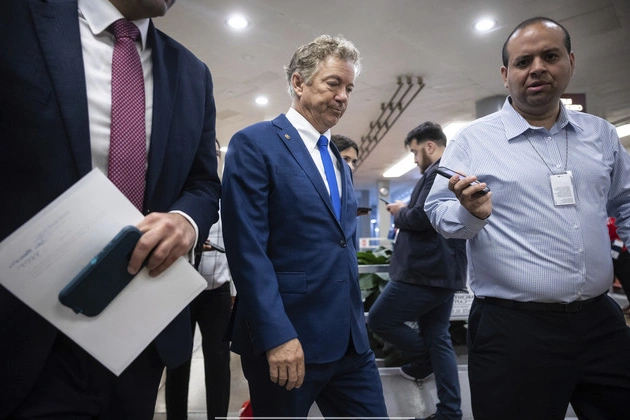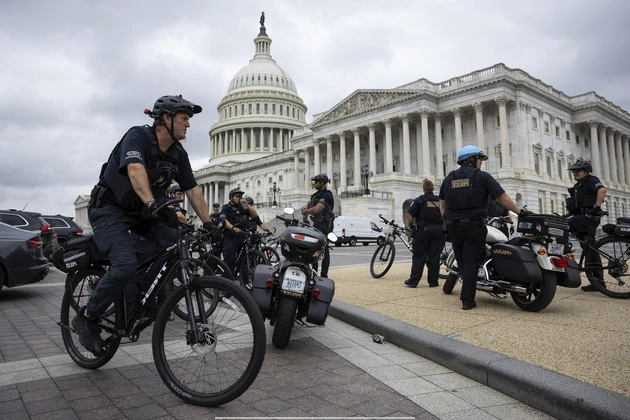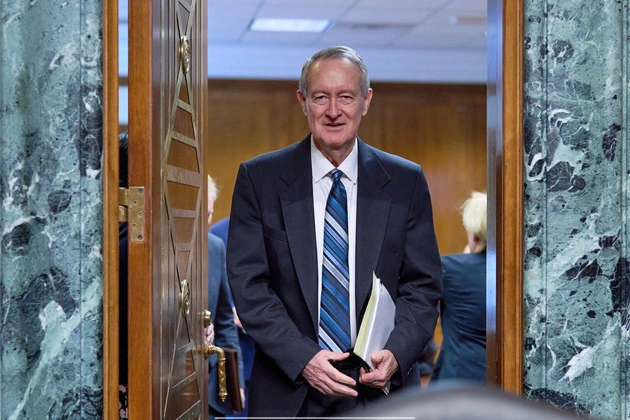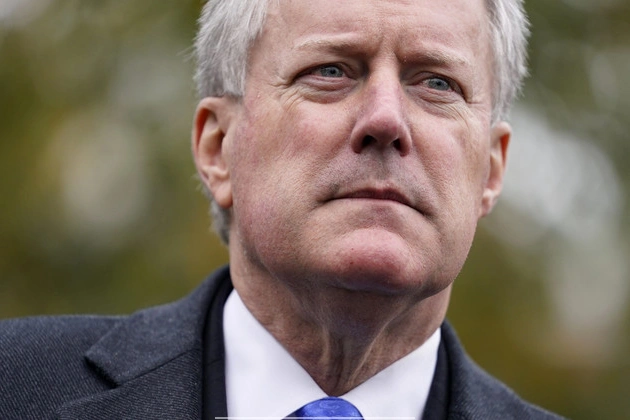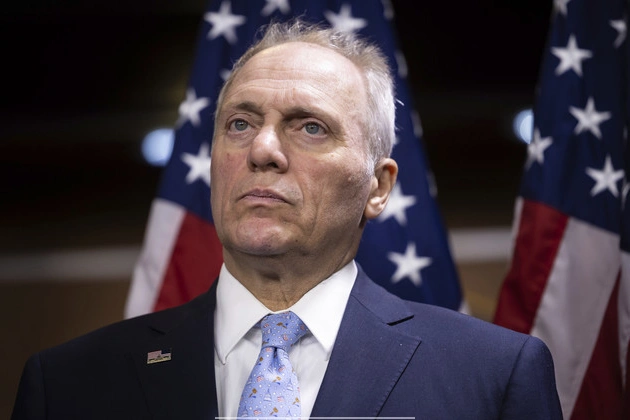
As Capitol Hill grapples with the repercussions of Trump’s tariffs, Republicans face a pivotal moment. While many GOP members remain aligned with the president, there is a growing sense of urgency among some staunch supporters for swift action.
Seeking Swift Agreements
Key senators are calling for immediate negotiations with crucial trading partners in light of escalating trade tensions and economic uncertainties. Sen. Mike Lee, a vocal advocate for free trade despite his support for Trump, sees an opportunity for the president to champion pro-growth policies through trade barrier reductions.
Joining Lee, Sen. Ron Johnson emphasizes the importance of seizing favorable trade deals to avert further market disruptions. With countries like Vietnam and the EU expressing willingness to engage in talks, the momentum for potential agreements is building.
Opportunities on the Horizon
The administration’s outreach efforts have drawn interest from numerous nations eager to explore trade possibilities with the U.S. Amidst the market volatility, lawmakers are eager for diplomatic solutions to the trade standoff.
While some are optimistic about the prospects of bilateral agreements, uncertainties loom over Trump’s stance on trade negotiations. The White House’s reluctance to signal readiness for immediate deals raises questions about the path ahead.
Challenges and Considerations
Lawmakers are cautiously hopeful about the potential for breakthroughs in trade discussions. As the administration navigates the complexities of trade deficits and policy adjustments, the need for strategic diplomacy becomes increasingly apparent.
Trump’s firm stance on trade equality and his recent warnings to detractors underscore a tough negotiating approach. Congressional Republicans, while grappling with their concerns over tariffs, are treading carefully in their public responses.
Looking Ahead
Amidst the uncertainties surrounding trade negotiations, GOP leaders are monitoring developments closely. While some express reservations about legislative interventions, others see room for diplomatic progress.
As the debate over tariffs and trade policies unfolds, the spotlight remains on Trump’s approach to international trade and the implications for domestic economic interests.






